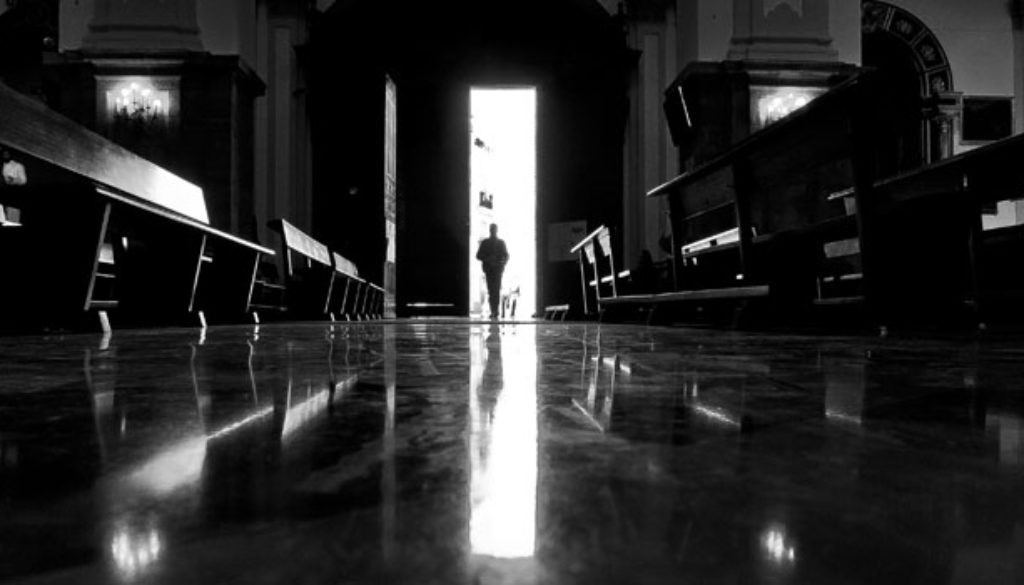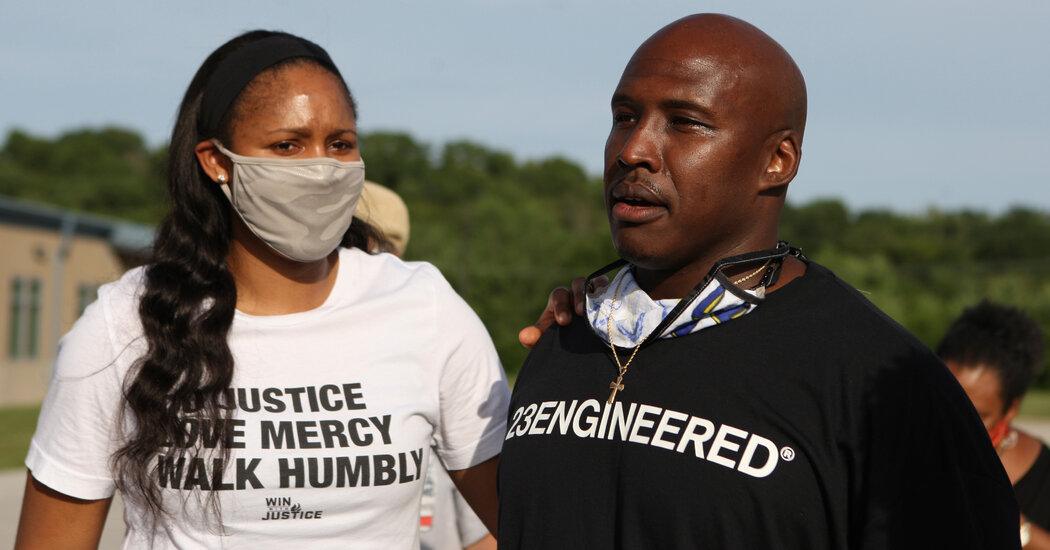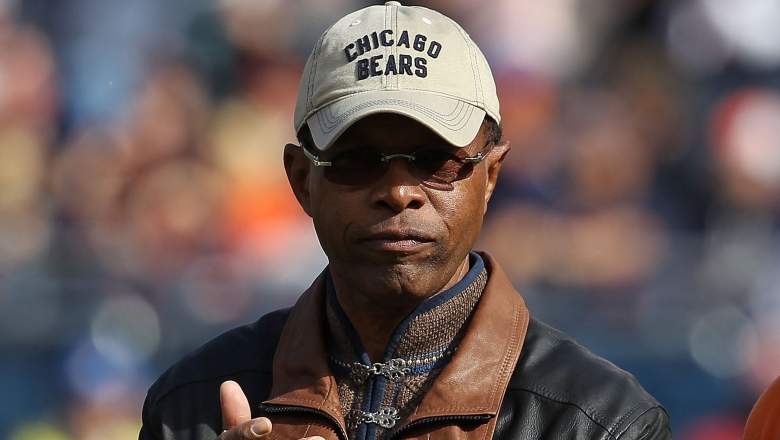
There are many ways I could describe the past six months, but I’m going with “revealing.” The pandemic has clarified systemic issues related to a broken healthcare system, racial inequities, lack of leadership at almost every level (governmental and denominational), and inefficient infrastructure for responding to crises. Specifically, though, I am thinking about how all the shifts prompted by Covid-19 have uncovered how unsustainable ministry is for so many pastors in their current contexts.
Prior to the pandemic, a significant number of my clergy coachees and colleagues were working under unrealistic expectations, whether those came from their congregations or from their own internal “shoulds.” And then, mid-Lent, they had to change the ways they did nearly everything – and fast. They became not just preachers but tech experts with all that entails: recording, editing, sound mixing, lighting, inviting people to and teaching them how to participate in and managing online meetings, exploring the most accessible social media platforms, and monitoring cyber security. They spent many hours trying to get all of this right because worship and Bible study and fellowship are so critical, not knowing that they’d have to continue all that they started beyond a few weeks, often without much help from others. (Because, again, the shutdown was supposed to be temporary, so why ask for assistance from others dealing with their own altered realties?)
Now not only do many ministers’ jobs look very different than what they were before mid-March, but they may no longer align with these leaders’ senses of giftedness and call. They are doing work they did not sign up for, or at least work they didn’t particularly love has increased while the aspects that energized them have all but evaporated. And there is no end in sight to these changes, both because Covid-19 continues to spread and because pastors know that they’ll have to keep up at least some of their new tasks once churches re-gather to accommodate constituents who’ve found virtual connection works better for them.
In addition, ministers lost their best means of not just keeping tabs on how their church members were doing but also getting any kind of encouraging feedback, namely seeing faces in the pews during worship and interacting informally with folks on Sunday mornings. This loss made communication, pastoral care, and decision-making infinitely harder. Everything started to take more time, more intentionality, more energy. This, while many clergy have also been caring for and schooling children whose schools and daycares closed and whose other caregivers have had to isolate to protect their own health.
In return for all the extra effort, many pastors have received mostly anxiety and negativity in return. Part of this is because everyone is struggling, and church is an easy place for people to project discontent. (What’s your pastor going to do if you get mad? She can’t fire you, refuse to work with you, or give you a bad grade.) Part of this is the polarization in our culture, which has morphed public health measures like closing buildings and wearing masks into political landmines during a presidential election cycle. And part is simply that church members simply don’t know all that their leaders are doing since everyone is isolated in their homes.
The effects of all these difficulties are taking their toll. They have deepened pre-existing fault lines and created new ones such that clergy who already had some sense of discontent now have one foot out the door, and some who were very happy are seriously questioning whether their current context is still a good fit. The result, I predict, is going to be a tidal wave of pastoral departures once churches re-gather, and maybe sooner depending on how long the pandemic rages on. Clergy who have been hurt by accusing questions like, “What are you doing all day?” or “Why can’t we meet?” or “Why didn’t you do X (or call Y)?” “Are you really going to make me wear a mask?” are going to have trouble forgetting and will look for fresh starts elsewhere. Some lead clergy who have caught a lot of heat might want to step into positions, such as associate roles, where they aren’t the point person. Others are just going to feel chewed up and spat out and choose to leave the ministry altogether.
Church folks, this time is hard for everyone. It’s hard for you, certainly. And it’s hard for your pastor. If you want to keep your pastor after Covid-19 becomes more manageable, here are some suggestions to help ease your minister’s stress during the pandemic:
-
Check on your pastor. Many clergy don’t have anyone outside of their family to ask how they are and to listen to the answer.
-
If you have the bandwidth, ask how you can help. As mentioned above, ministers took an unsustainable amount of work on themselves early in the pandemic because it was easier in the short term, they didn’t want to bother others who were struggling, and they didn’t know they’d be doing all the extra tasks six months later.
-
Speak well about your pastor to others. If other church members talk disparagingly about what they think the minister is or isn’t doing, reply with your belief that she is working hard and, like all of us, doing the best she can.
-
If someone mentions a specific pastoral care need to you, urge that person to contact the pastor. She wants to know so that she can respond!
-
Engage bigger questions with fellow church members. What are we learning about our church or our community during this time? What do we need to keep or stop doing as a result? If you can think beyond the moment and help others do so, your pastor will be so grateful.
-
Send your minister an encouraging card, text, or email. Name specific things you see her doing that you appreciate. This noticing goes a long way in helping a pastor feel valued.
It’s normal for clergy to depart in the wake of an acute event like a disaster. It isn’t inevitable, though. People in the (virtual) pews can attempt to stem the tidal wave simply by being supportive and encouraging others to do so. Even if your pastor eventually leaves, he/she will treasure the affirmation, and your church will have established patterns for loving your next leader well.









